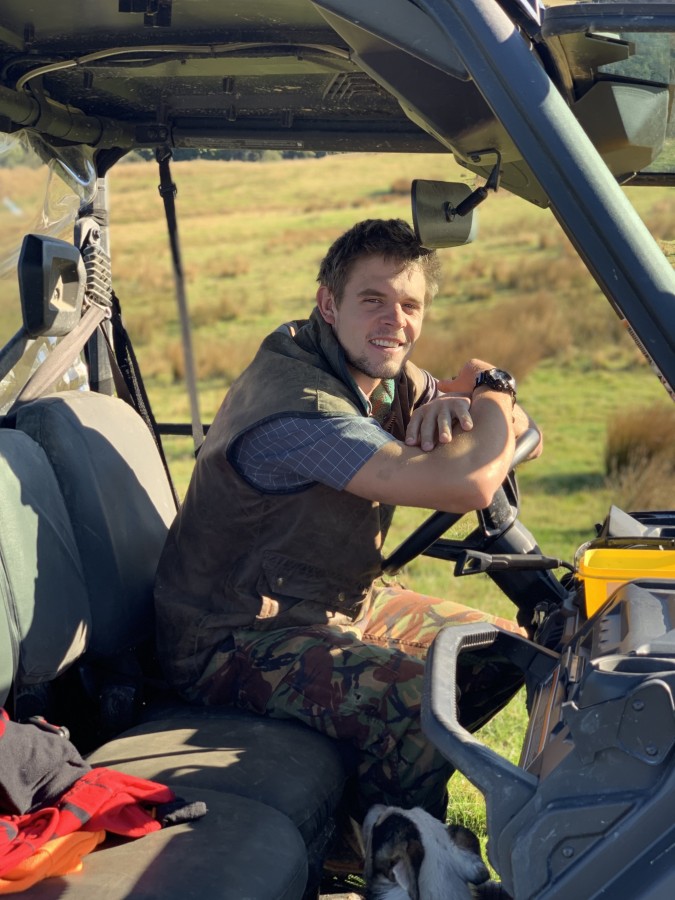
Tararua farmer Dean Wardle sees “knowledge as key” for hill country farming to flourish into the future.
“That and opening our minds a wee bit to change,” he says.
“I try to keep an open mind. Things aren’t easy for hill farmers, dealing with issues like drought, but we are making changes on our farm.
“While it’s a long term journey and things won’t get better overnight, we are seeing enough positive signs to stay excited.”
Dean gained a lot of support to make change through being part of a Red Meat Profit Partnership (RMPP) action group and he welcomes the work of the Hill Country Futures Partnership programme to provide further resources to support farmers to make the best decisions for their land.
The $8.1m programme is focused on future proofing the profitability, sustainability and wellbeing of New Zealand’s hill country farmers, their farm systems, the environment and rural communities. It differs from most pastoral-based research in that it considers the whole-farm system and, critically, the wider communities these systems exist within.
It incorporates traditional science research, farmer knowledge, social research and citizen science and has a strong emphasis on forages and providing decision-making tools to help farmers select the best forage option for different land management units.
Dean farms 3,200 Romney ewes and 100 beef cattle and their progeny over 1,000 Ha at Pongaroa, north east of Masterton. The farm has been in his family for almost 90 years, with his father’s parents taking on the first block in 1936.
Having grown up helping on the farm, he trained at the prestigious Smedley Station and cadet training operation in Hawke’s Bay before completing a diploma in agriculture at Lincoln University.
He worked at an outback station in Australia and then travelled for a few years, working on overseas farms during the New Zealand winter while heading back to work on the family farm in summer. He returned for good in 2018.
“Every farm is different,” he says. “For us, we’re trying to head down the soil health/regen’ path so our biggest challenge is carrying the shoulders through, getting through winter without too much supplemental feed.
“That isn’t easy when you’re getting droughts, but we are trying to be flexible to the seasons and take feed through the year to minimise the risks We are focusing on our grazing and trying to get a longer recovery period at certain times of the year and having the sheep go onto longer grass to protect the soil.
“When growing is slow, we aim to be at least 60 days before returning to grazing but in spring, it’s 20 to 25 days because it goes to seed so quickly. Having expert information to back up what you are doing is really valuable - we got a lot of advice from our facilitator on the RMPP programme.
“It’s also about learning to celebrate your failures. We do get failures, but we are getting a lot of positives too and seeing different species showing up - like red clover which we’ve never had before. We are seeing opportunity here, working with nature more and we aren’t sending all our money to town on fertilisers.”
Dean says having access to really good information - such as that now being made available through Hill Country Futures, has been critical to driving the changes they want to make on their farm and he sees that as the key opportunity for hill country communities to flourish.
“We have been lucky to have access to really good information and I think that’s the real opportunity for hill country communities - we need to make sure we open our minds to the really good information that is available to us - and talk among ourselves and share ideas about what is working well for us and what isn’t.”